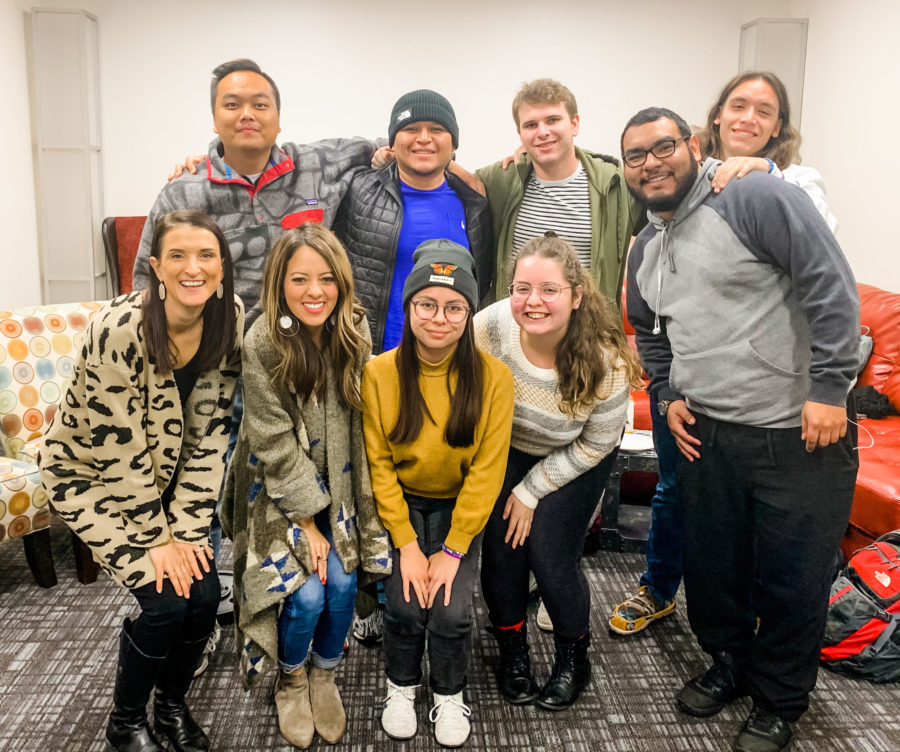Human trafficking is often linked to random abductions of women, but experts in the field say that is the least likely way that people find themselves sexually or physically exploited.
Instead, the most common way people are led into human trafficking is through manipulation of relationships, said Melissa Ice, founder of The Net. The Fort Worth-based organization works with people who have sexually exploited, as well as local refugee and homeless communities.
“I think the important thing is to understand is how someone ends up there and why they get stuck and so much of it has to do with that hamster wheel of trauma and abuse,” Ice said. “Eventually, maybe you find your way out, but now that you’re out you don’t have any of the skills to cope with everything that has happened to you.”
The Net was created to help create a supportive community for those who need it the most. The organization has helped create outreach programs for the local refugee and homeless communities in Fort Worth as well as victims of sexual-exploitation.
Ice also said that vulnerable people are often preyed upon by traffickers.
“Thirty-three percent of runaways within 48 hours will be approached by a trafficker, and that’s a Dallas Fort Worth statistic,” Ice said. “It’s very crazy because that means that a third of every girl who leaves home has a chance of encountering a trafficker.”

In October 2019, the Fort Worth Police Department made an official unit for human-trafficking with a sergeant, two detectives, two officers, and one civilian.
There are currently an estimated 313,000 victims of human trafficking in Texas according to a University of Texas at Austin study. The study also estimated that there are around 79,000 minors involved in sex trafficking in the state of Texas.
Because of the issue’s prevalence in Texas, TCU students in a documentary class focused on human trafficking because of its relevance in Fort Worth.
Students created the documentary, Worthy of More, by working alongside The Net.
Human-trafficking is “recruitment, harboring, transporting, provision, or obtaining of a person for labor or services, through the use of force, fraud, or coercion for the purpose of subjection to involuntary servitude, peonage, debt bondage, slavery or forced commercial sex acts.”
H.R.3244 – 106th Congress (1999-2000): Victims of Trafficking and Violence Protection Act of 2000
“I think accessibility to technology, the increase in pornography consumption and its normalization all play a role,” Ice said on the high numbers of human trafficking. “The more you have people who demand these types of things then the more the supply is going to increase. It’s like simple economics.”
In addition, Ice said 72% of online sex ads are actually underage girls.
“The reality is most of the online sex that people are purchasing are from children, and in Texas, you cannot legally consent to sex until the age of 17,” Ice said.




